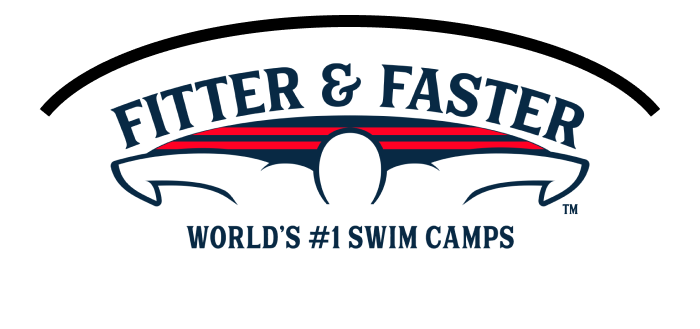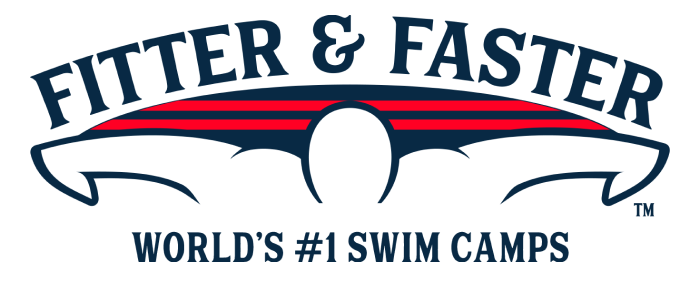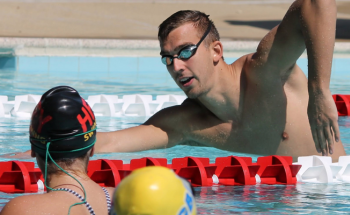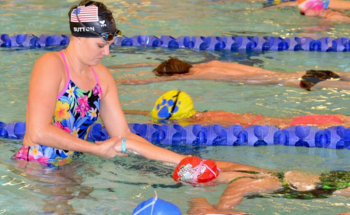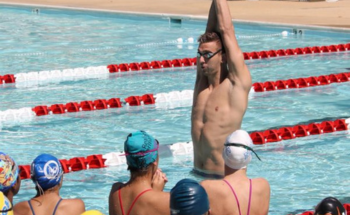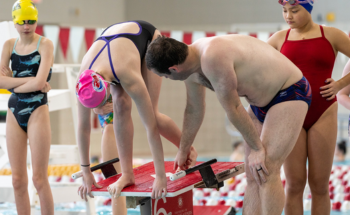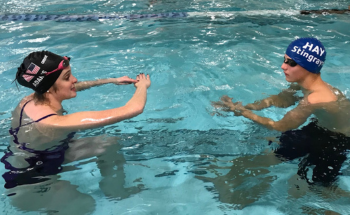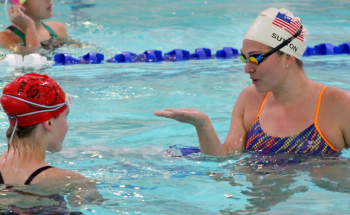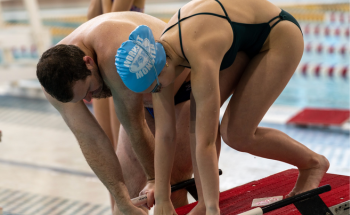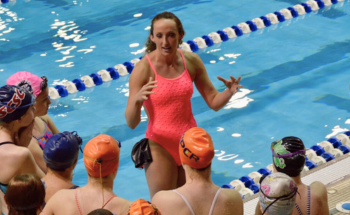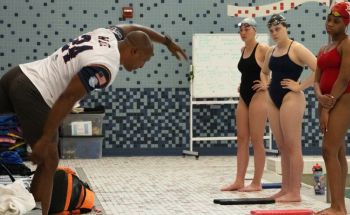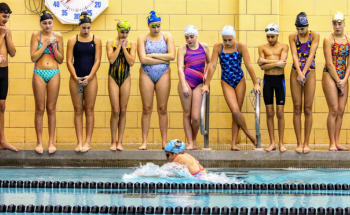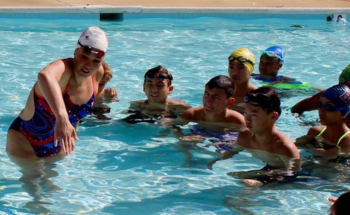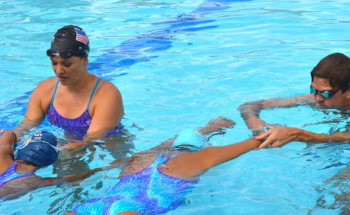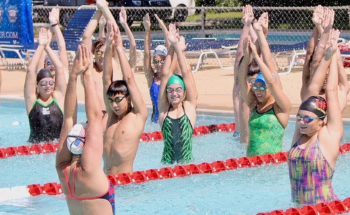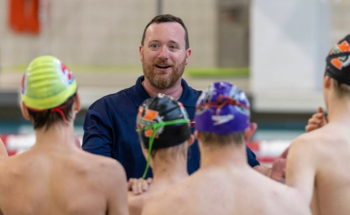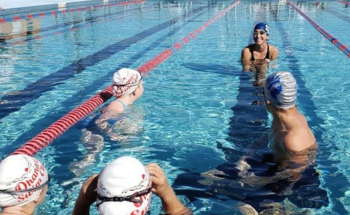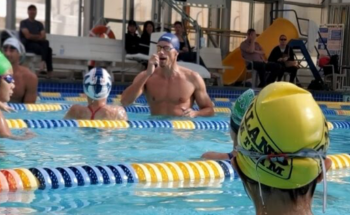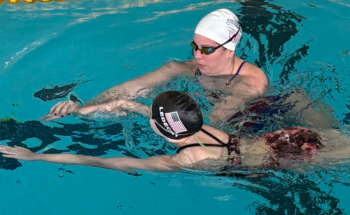Find Swim Camps
Near You:
Near You:
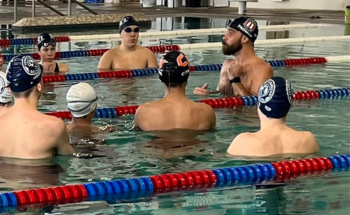
Everett, WA Swim Camp Series
Camp Dates:
- 2025
- Aug 02 - Aug 03
- 2026
- Jan 03 - Jan 04
Camp Ages:
- 9 - 11
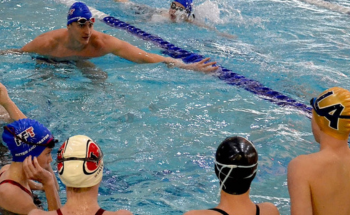
Warren, PA The Essentials for Faster Racing Swim Camp
Camp Dates:
- 2025
- Aug 09 - Aug 10
Camp Ages:
- 9+
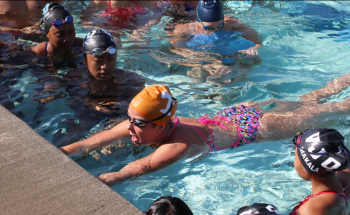
Madison, NJ Comprehensive Butterfly Racing Swim Camp
Camp Dates:
- 2025
- Aug 09 - Aug 10
Camp Ages:
- 12+
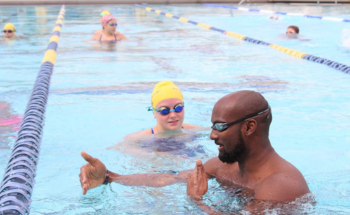
Scottsdale, AZ Arizona Swim Camp
Camp Dates:
- 2025
- Aug 16 - Aug 17
- Dec 27 - Dec 28
Camp Ages:
- 10 - 12
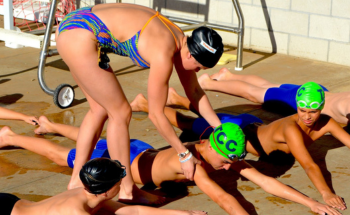
Frisco, TX Texas Swim Camp Series
Camp Dates:
- 2025
- Oct 18 - Oct 19
- Dec 13 - Dec 14
Camp Ages:
- 9 - 11


